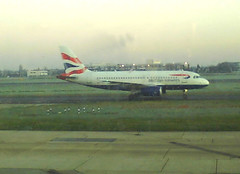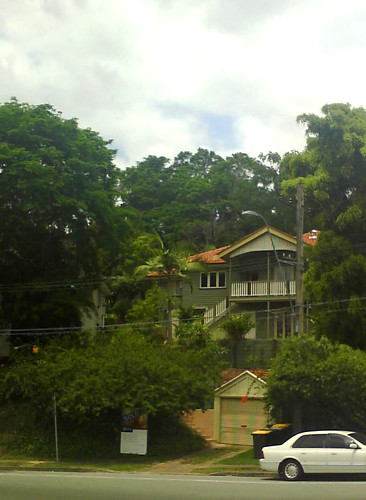Heathrow.
Well, the last couple of months have been pretty much write-offs as far as blogging was concerned - let's see if we can't change this. All going well, there will be a few things to report over the course of 2007, too - in addition to the house Ann and I have just bought and moved into, there are also any number of research and teaching projects lined up for the coming months.
 Right now, I find myself sitting in a departure lounge somewhere in the bowels of London Heathrow airport, having just spent the past 28 hours on flights from Brisbane via Singapore. I'm waiting to begin the last leg of my journey to Leeds, where I'll spend the next couple of months with Professor Stephen Coleman at the Institute of Communications Studies. Stephen is an expert in the area of e-democracy, and I'm interested to connect his work with those aspects of my research into produsage which play into citizen engagement and democratic participation.
Right now, I find myself sitting in a departure lounge somewhere in the bowels of London Heathrow airport, having just spent the past 28 hours on flights from Brisbane via Singapore. I'm waiting to begin the last leg of my journey to Leeds, where I'll spend the next couple of months with Professor Stephen Coleman at the Institute of Communications Studies. Stephen is an expert in the area of e-democracy, and I'm interested to connect his work with those aspects of my research into produsage which play into citizen engagement and democratic participation.














